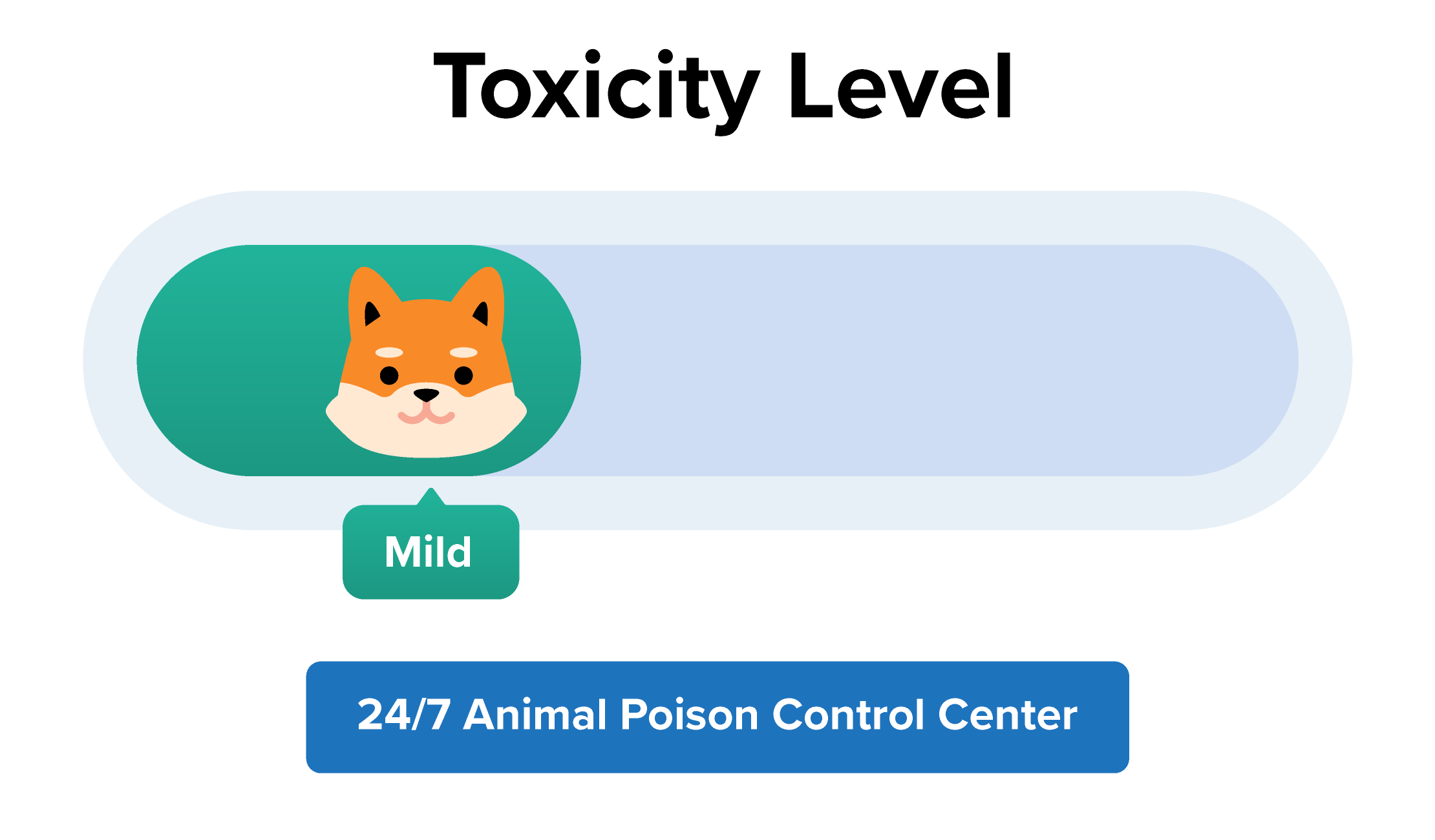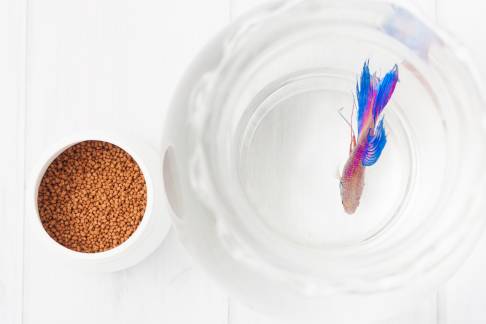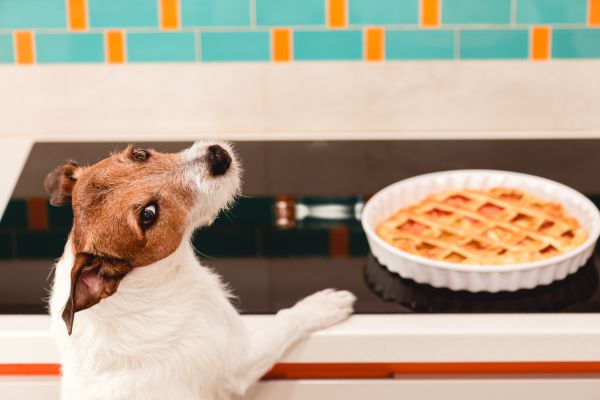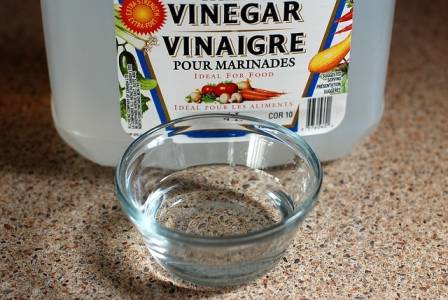Artichokes are yummy vegetables that can be served in many ways. And these veggies contain something called “artichoke hearts.” Artichoke hearts are another part of artichokes that many people love. But what happens if a curious dog crabs an artichoke heart and wolfs it down? Can an artichoke heart make a dog sick?
Connect with a verified veterinarian in minutes. Licensed vets are available 24/7 to answer your questions. No need to worry about your furry family member.
Has your dog eaten an artichoke heart? Are you worried that the artichoke heart will make your dog sick? If so, you’ve come to the right place. We understand it can be scary when your dog eats something like this.
We’ve gathered information about artichoke hearts and whether they can make a dog sick. Let’s get started!
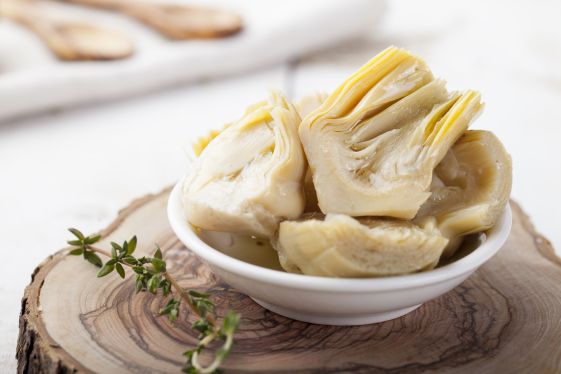
What is Artichoke Heart?
An artichoke heart is the inside part of an artichoke. It’s very tender once the leaves and the “choke” have been removed. It’s also possible to purchase artichoke hearts at the store in canned or bottled versions.
Artichoke hearts have plenty of nutrients and are low in calories, low in fat, and more.
While artichoke hearts are safe for humans, what happens if a dog eats an artichoke heart?
Artichoke Heart & Dogs
The good news is that artichoke heart is safe for dogs to eat, as long as the leaves and stem have been removed. The artichoke heart should be cut into very small pieces; otherwise, it could make a dog sick.
These veggies present two problems for dogs:
- Choking hazard
- Can create an intestinal blockage
Both of these can be lethal conditions if they’re not treated right away.

Review symptoms, medications & behavior to keep your pets healthy with a Vet Online in just minutes.
Ask a Vet Live NowSymptoms of Artichoke Heart Ingestion in Dogs
You may notice these symptoms if your dog has eaten an artichoke heart:
- Coughing/choking/difficulty breathing
- Diarrhea
- Vomiting
- Constipation
- Abdominal pain & swelling
- Restlessness
- Loss of appetite
If you notice any of these symptoms in your dog, call the vet immediately. This is an emergency.
Treatment of Artichoke Heart Ingestion in Dogs
Treatment depends on the vet’s diagnosis. For instance, if your dog is choking, the vet will try to remove the artichoke heart from his esophagus.
On the other hand, if the vet suspects your fur baby has an intestinal blockage, they may run x-rays to see where the blockage is located. If the artichoke heart is caught in your canine companion’s stomach, the vet may be able to remove it with an endoscopic procedure. However, if the blockage is in the intestines, the vet may need to perform surgery. The surgery is done to remove the blockage safely and repair any damage it may have caused.
The prognosis is best for dogs who receive prompt medical treatment after eating an artichoke heart. In the future, it’s best to make sure the artichoke heart is cooked and cut into small pieces. This is an excellent treat for dogs when the veggie is prepared the right way!
Connect with a verified veterinarian in minutes. Licensed vets are available 24/7 to answer your questions. No need to worry about your furry family member.

Julie
Julie is a graduate of the University of North Carolina, Wilmington, where she studied Animal science. Though contrary to the opinion of her parents she was meant to study pharmacy, but she was in love with animals especially cats. Julie currently works in an animal research institute (NGO) in California and loves spending quality time with her little cat. She has the passion for making research about animals, how they survive, their way of life among others and publishes it. Julie is also happily married with two kids.
Review symptoms, medications & behavior to keep your pets healthy with a Vet Online in just minutes.
Ask a Vet Live Now
